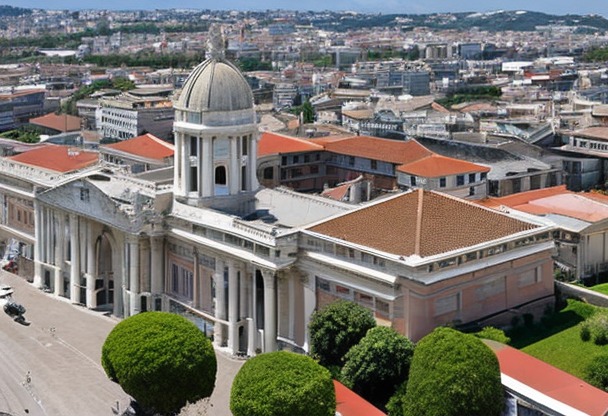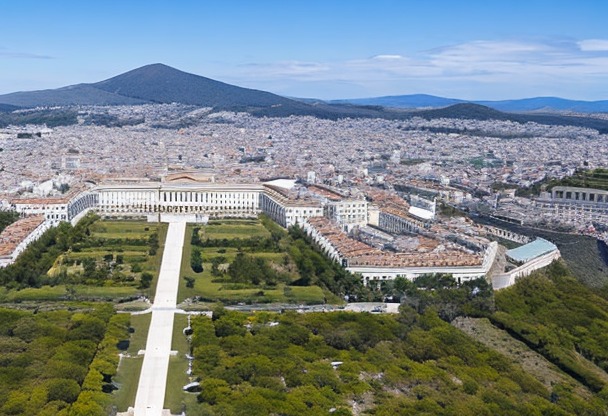WHEN TO TRAVEL TO PERU
Choosing the right period for your trip to Peru can make all the difference. It's important to consider climatic elements, seasonal events and peak tourist periods to maximize your travel experience.

Location
Climate
Tourist seasons in Peru: Low and high season
Peru's climate varies considerably according to region and season. There are two main tourist periods:- High season (June - August): During these summer months, the weather is generally mild throughout Peru. Temperatures are pleasant and rainfall low. It's the ideal time to visit the coast, the Andes and the Peruvian Amazon. However, since it's also the school vacation season, tourist sites are often crowded and accommodation rates higher.
- Low season (December - March): This period corresponds to the rainy season in the mountains and jungle, making certain activities and travel more difficult. On the coast, on the other hand, the climate is warm and sunny, which can be perfect for enjoying the beaches. There are fewer tourists and prices are generally lower.
Major cultural events in Peru
Throughout the year, numerous cultural events are organized all over the country. Here is a selection of some of the most important:Inti Raymi Festival (June 24)
This great Inca festival celebrates the sun god Inti and marks the winter solstice in the southern hemisphere. It takes place mainly in Cusco, the ancient capital of the Inca empire. Colorful processions, traditional dances and historical re-enactments are on the program for this festive day.Peruvian National Day (July 28 - 29)
July 28 marks Peru's independence from Spain. To mark the occasion, festivities are organized throughout the country, including military parades, concerts and fireworks displays. The following day, July 29, is also a public holiday dedicated to the Peruvian armed forces.Trujillo Marinera Festival (January)
This traditional Peruvian dance competition takes place every year in the city of Trujillo, on the country's northern coast. Over the course of a week, pairs of dancers compete for the title of national champion of marinera, an elegant, rhythmic dance.Lima Classical Music Festival (April - May)
Every spring, the Peruvian capital hosts a prestigious classical music festival. Concerts take place in the city's most emblematic venues, including the Grand Théâtre National and the San Francisco Church. International and local artists perform at this major musical event.Public holidays in Peru
In addition to cultural events, several public holidays are celebrated throughout the year in Peru. Here's a list of the main dates:- January 1: New Year's Day
- Holy Thursday and Friday (dates vary) : Holy Week
- May 1: Labour Day
- June 29: Feast of Saint Peter and Saint Paul
- July 28 and 29: Peru's National Day and Armed Forces Day
- August 30: Saint Rose of Lima, patron saint of Latin America
- October 8: Battle of Angamos, commemorating the Pacific War
- November 1: All Saints' Day
- December 8: Feast of the Immaculate Conception
- December 25: Christmas
Insurance
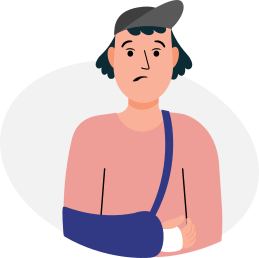
Your credit card does not cover you in all situations, that is whyIt is essential to take out insurance before you leave to avoid any unpleasant surprises. If you need to see a doctor or be hospitalized, in some countries, medical costs are very high and you will then find yourself having to pay several thousand euros.
Our partner Chapka Insurance proposes the contract CAP ASSISTANCE 24/24 with many essential guarantees.
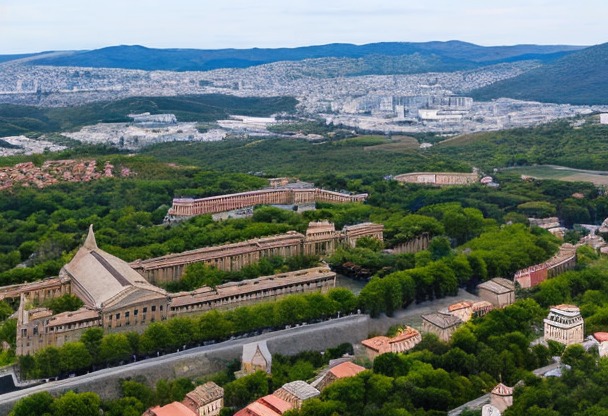
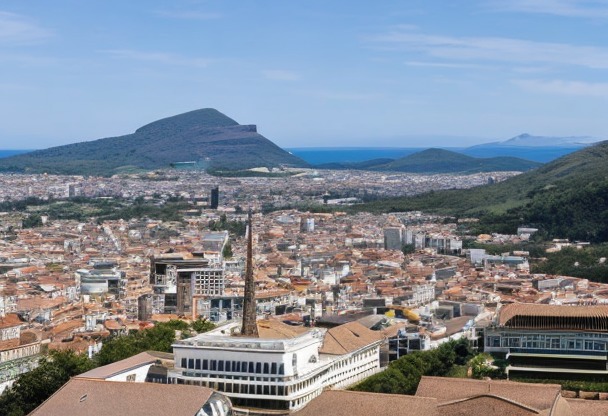
Flights
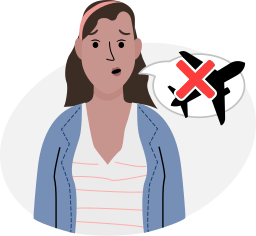
Your flight has been cancelled or delayed ?
You may be eligible for a compensation of up to €600 ! For this, lawyers are responsible for handling your claim with the airline and are only paid when the reimbursement is effective.
In conclusion, no financial risk for you, only advantages!
Key immigration figures for Peru
For several years now, Peru has been experiencing a significant increase in the number of international migrants. According to data from the International Organization for Migration (IOM), the total number of foreigners living in Peru has risen from 6 % between 2019 and 2020from 1.4 million to 1.5 million. The main countries of origin of migrants in Peru are :- Venezuela : about 1 million people
- Colombia around 200,000 people
- Brazil around 100,000 people
- Argentina around 50,000 people
Migrant profile
In terms of the profile of migrants to Peru, young adults between the ages of 18 and 35 predominate, representing about 60 % of the migrant population. Men slightly outnumber women, with 55 % men and 45 % women. Migrants come mainly in search of better economic opportunities and a higher standard of living. They include skilled and unskilled workers, as well as international students.Most popular visas in Peru
The Peruvian government offers different types of visas for people wishing to stay in the country, whether for tourism, study or work. Here are the most commonly requested visas:- Tourist visa This permit, valid for a maximum of 183 days, is issued to people wishing to visit the country for tourist, family or cultural purposes. It does not entitle the holder to work or study.
- Business Visa The visa is intended for people travelling on business or on temporary professional assignments. Its duration varies according to the agreement between Peru and the applicant's country of origin.
- Temporary resident visa Permit: granted to people wishing to stay in Peru for more than 183 days and up to one year, for family, professional or study reasons. It is possible to apply for an extension.
- Permanent resident visa issued to people who have legally resided in Peru for two years on a temporary visa, and who wish to settle permanently in the country. This type of visa allows you to work and study without restrictions.
Visa applications and processing times
According to Peruvian government statistics, by 2020 more than 250,000 visas were issued, of which around 60 % were tourist visas. Processing times vary according to the type of visa and the applicant's country of origin, generally ranging from a few weeks to several months.International tourism figures for Peru
Peru is a popular tourist destination for its rich historical and cultural heritage, exceptional natural sites and renowned gastronomy. The country welcomed over 4 million international visitors in 2019, before the COVID-19 pandemic causes a drastic drop in tourist numbers in 2020. Peru's main tourist attractions are:- The Inca city of Machu Picchu, a UNESCO World Heritage site
- The capital Lima and its historic center
- The city of Cusco, the ancient Inca capital, and its surroundings
- Lake Titicaca, the highest navigable lake in the world
- The Nazca Lines, mysterious geoglyphs inscribed on UNESCO's World Heritage List
Impact of the pandemic on the tourism sector
As in many countries, the Peruvian tourism sector has been hard hit by the COVID-19 pandemic. In 2020, the number of international visitors fell by over 70 % compared with 2019. The authorities are currently working on stimulus plans to boost domestic and international tourism in the coming years.